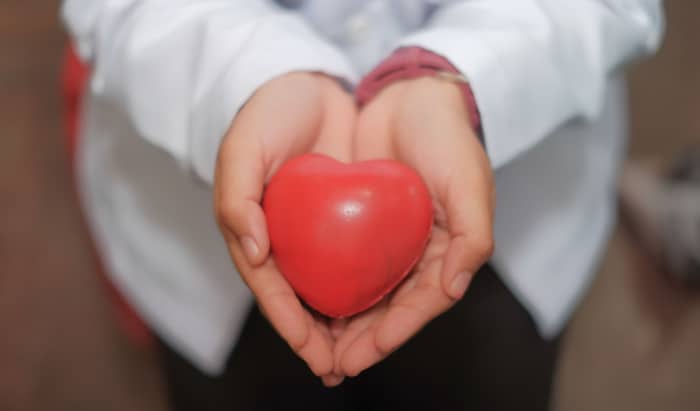Today on World Blood Donor Day, which aims to raise awareness about the global shortage of blood donations and boost efforts to recruit new donors, a medical cold chain specialist predicts a significant increase in demand for transport and storage of blood and blood products.
With the decline in the number of blood donations, it is more important than ever to use the right equipment to keep the collected blood safe for routine medical procedures and for emergency care.
According to the Belgian Red Cross, since 2017, the number of blood donations has only fallen in Belgium, with an average loss of 20,000 donors per year. Only less than one in ten people donate blood, while one in seven will one day need it to stay alive. Diseases, accidents, childbirth and chronic diseases are just some of the situations in which a transfusion can save a life. Although the situation is not yet alarming for the most common blood groups, the Red Cross indicates that there is a severe shortage of O- and B- reserves. However, the mobilization around the war in Ukraine and the lifting already last year of the last sanitary measures due to Covid give reason to hope for an increase in donations.
Blood products are highly sensitive biological substances and cannot be stored in domestic refrigerators. Red blood cell concentrates, in particular, must always be kept between 2°C and 6°C. This is a very small temperature range. Medicines, for example, tolerate a refrigeration temperature range of between 2°C and 8°C. Storage temperature is therefore extremely important and requires specialized equipment. Domestic refrigerators are not suitable for storing blood, as there is too great a temperature difference between the bottom and top floors. In addition, the compressor of a domestic refrigerator causes vibrations that can lead to hemolysis (the breakdown of red blood cells). The use of appropriate equipment is therefore strictly necessary when storing red blood cells.
Marnick Dewilde, Chief Sales Officer of B Medical Systems, comments: “The scarcity of blood donations during Covid made many health professionals reflect upon the resilience of the blood supply. Now that the pandemic is over, several countries are focusing on actions to ensure self-sufficiency by promoting local donations and investing in necessary infrastructure. We aim to support these efforts with our reliable portfolio of blood management solutions, ensuring that blood and its components are safe throughout their whole supply chain.”
B Medical Systems offers a wide range of blood transport and storage solutions. It includes five passive boxes with optional cooling elements and an active unit powered by a compressor, as well as refrigerators specially designed to store blood in perfect conditions, plasma freezers and ultra-low freezers to store blood plasma, and contact shock freezers to quickly freeze plasma ensuring the highest yield of critical clotting factors.
Specifically designed for blood banks and blood transfusion centers, these innovative solutions offer high reliability and safety, and are also able to be equipped with monitoring solutions offered by B Medical Systems. All products offered meet the highest safety standards for end-users and patients and are classified as medical devices (Class IIa) in accordance with the European Medical Devices Regulations.
- RV3-BB rotavirus vaccine at birth boosts microbiome - 8th May 2025
- No Mind Left Behind: Support the Carers - 4th May 2025
- Climate change causes longer pollen seasons in capital cities - 4th May 2025


